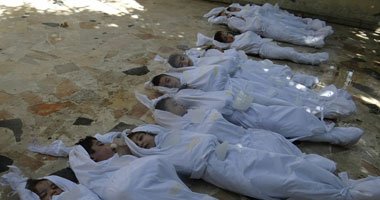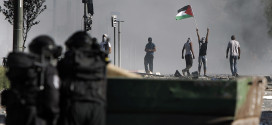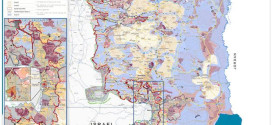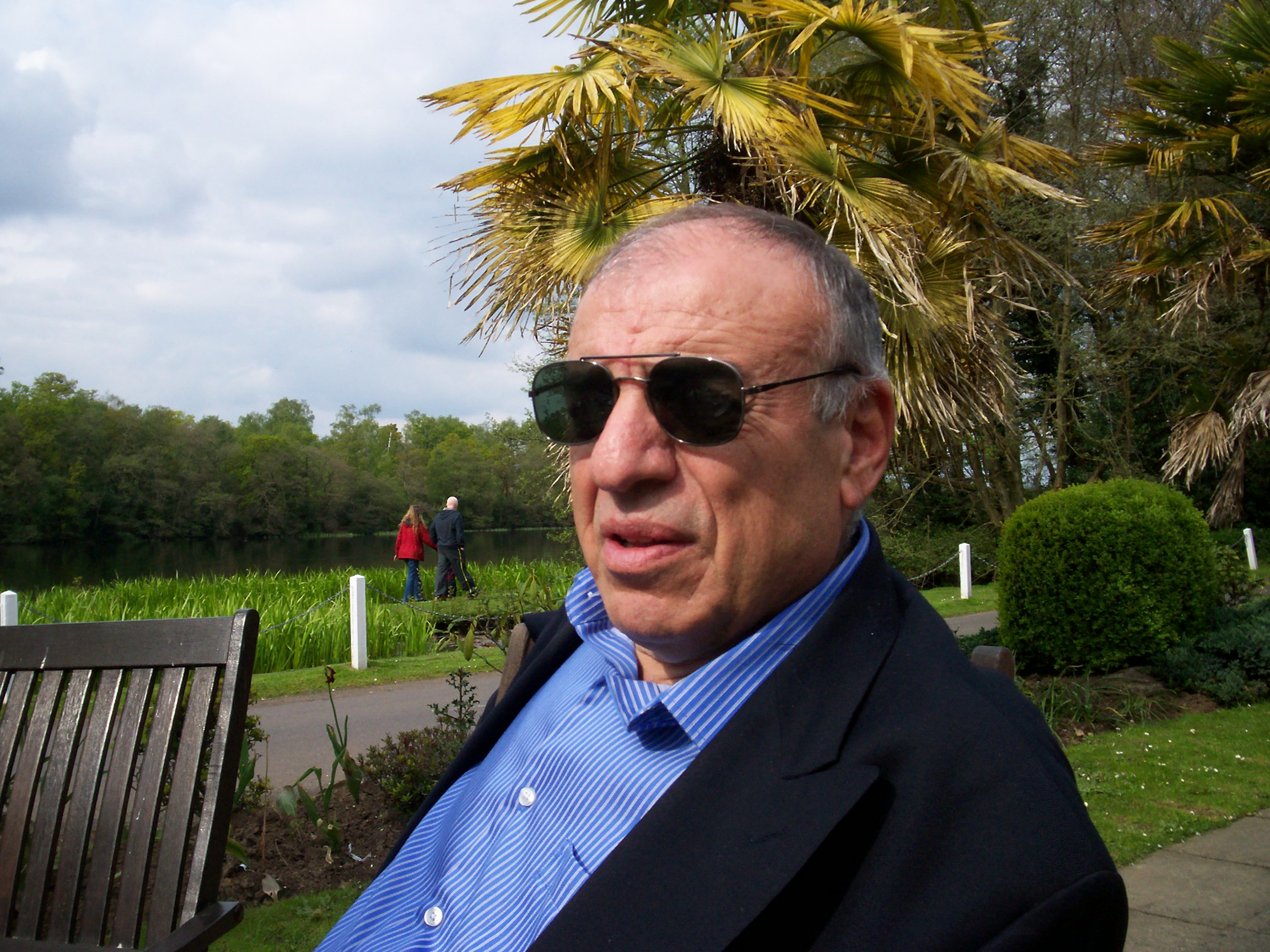Can the media cover appalling atrocities and remain neutral and objective??
Media ethics and dilemmas
Is it really possible to be neutral when covering the war zones or reporting conflict and an uprising being ruthlessly put down by a superior force? Can you be neutral when witnessing barrel bombs being dropped from military helicopters on residential areas or when chlorine gas cylinders are dropped on a market place or a school playground? This sort of thing is happening all over Syria. A journalist has to be a non-human not to be moved by the scenes of blood and guts strewn across the street. A journalist has to be a remotely controlled robot to avoid being traumatised by what he is witnessing.
Of course and by all means get both sides to give their versions of events. But we all instinctively sympathise with the victims and we also know that the perpetrator or the regime’s spokesmen will defend and justify the atrocities committed by their own leaders. They are paid to do that, aren’t they? Unwittingly and by default media people are helping the regime to kill, lie and justify. This underlines the importance of the media role in covering the news and conveying the true picture of the situation.
Whilst most mainstream media is cautious, the digital social media is not. In Western democracies, print media is mainly free, as long as it doesn’t libel or slander others, it can print anything. The Internet and the social media are now part of almost everyone’s life and the proliferation of websites and blogging activities have given rise to new tricky problems. The digital media is not sufficiently regulated despite efforts by governments to control “controversial” content. Radio and TV Broadcast media, however, have been the subject of tough regulations for many years. Operators of Radio and TV broadcasting services need to be licensed and their output monitored.
In fact most responsible media exercises self-censorship and adhere to a set of media ethics. We all recognize the importance of media to governments as a tool to convey information about policies and decisions. But the media like other industries has to operate within the law and governments always strive to create regulatory frameworks for the media to do its work without damaging national interest or compromising national security. The most diehard supporters of free speech don’t want to the media to be the instigator of incitement, racism and violence.
The controversial points of objectivity, neutrality and accuracy where discussed at a conference I attended in May in London.
“The media ethics conference” was organized by the International Communication Forum in association with Next Century Foundation. The conference was well attended by media personalities, editors, journalists and political activists. The main topics of debate at the conference were the controversial question of media ethics, incitement, and government interference. Inevitably the question of objectivity and even-handedness came up with remarks by Pat Lancaster, Editor-in-Chief of Middle East Magazine. Lancaster said “Journalists have responsibility to protect themselves, and editors have responsibility to protect journalists”. “Look at the whole picture with even-handedness and responsibility” Lancaster told the conference citing examples of the coverage of the Israeli-Palestinian conflict. Other issues were also discussed such as reporting unpalatable news. The battle for the truth, as my truth may not be the same as your truth.
However Princess Basma bint Saud (Chairman of GURA and Global United Lanterns) suggested that journalists should ask questions to seek the truth, but warned that how to write the answer and convey it to the reader is very important. “This is the responsibility of the journalist”.
The veteran BBC correspondent Martin Bell said: “when covering the news you have to have a sense of right and wrong. Be aware of the consequences of what you are doing.
Conference panellist Pamela Jenner, an outspoken Freelance Journalist who worked in local and provincial newspapers raised an interesting point which many journalists recognize so well particularly those working for the local, provincial press and the national tabloids. Jenner explained how journalists are put under enormous pressure by editors to get a good story, the more sensational the better even if that meant sacrificing the facts, as she put it “a good story is more important than the facts”.
The question of objectivity and even-handedness which Pat Lancaster and Dame Ann Leslie (the award winning veteran winning correspondent) spoke about, dominated the conference and was the most contentious theme.
How do we define objectivity? Is it working according to a set of rules and ethics? Is there such a thing? Can you be totally neutral in every situation? How can we report tragic events like a drowning or an airplane crash without showing some emotions and drama? How can you report massacres in Syria? Can you be totally neutral and even handed? Does even-handedness mean you have to get the opinion of a person from the regime’s side to justify the massacres, deny them, justify them, or defend them?
Lyse Doucet Chief International correspondent at the BBC put it like this “the perception of what is happening on the ground is more important than what is actually happening”.
In general, media tries to be objective in reporting the news. It is often criticized for getting it wrong or if the story appears to be biased. Editors almost always insist that they want to be objective but in reality does objectivity exist?
Is neutrality possible amid massacres and mayhem? How can a reporter avoid interpreting his thoughts and personal observations? One historian was once quoted as saying “You can’t be neutral on a moving train”. If we listen to two different reporters covering the same story, we will hear two different versions. Each will have his own unique approach and interpretation.
Many breaking news stories usually surface on Twitter, with one or two tweets then an avalanche of tweets, hundreds and may be thousands all carrying the same headline. “barrel-bombs” kill 40 civilians or chlorine gas killed dozens in such and such town. Then suddenly the main stream media wakes up and cover the story after most of the world has heard of it.
However whether covering massacres or political issues; journalists are still expected to follow certain rules about accuracy and objectivity. But we still don’t have a set of universally accepted principles and standards for journalists to adhere to when reporting the news. As media becomes increasingly complex with the communication technology which uses twitter, texts, video, and images, the need for some basic standards is urgent. Today’s technology has enabled the news media to reach all corners of the world within seconds.
All media with few limited exception is global but yet we don’t have a globally agreed code of ethics. However we still don’t have an internationally agreed and binding set of principles of media ethics we can adhere to.
Objectivity and even handedness are great concepts or principles, but are not easily achievable
 العربي الديمقراطي The Latest From The Arab World
العربي الديمقراطي The Latest From The Arab World






